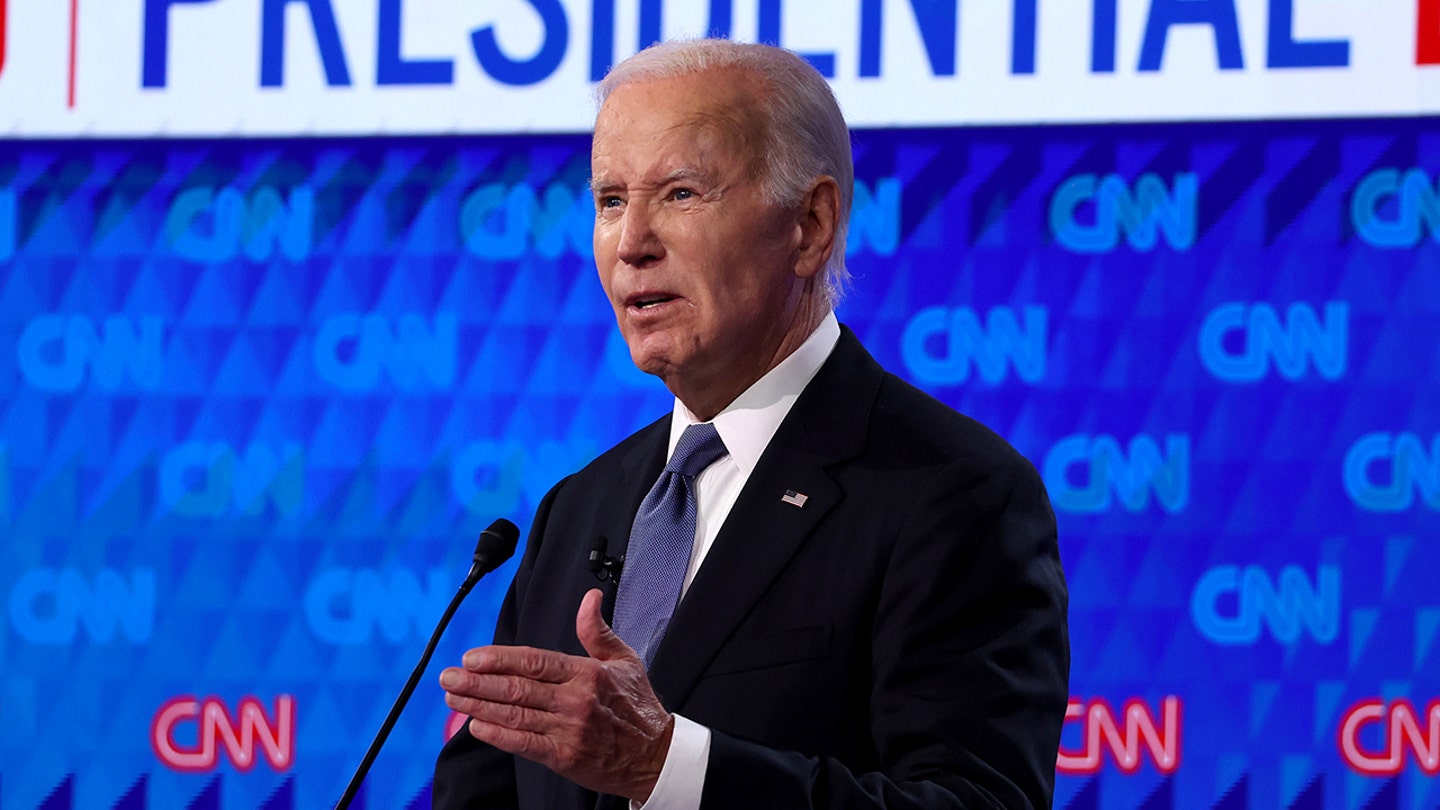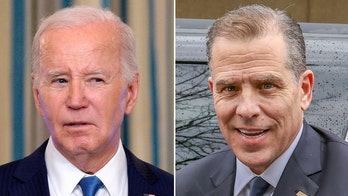Supreme Court Narrows Interpretation of Obstruction Statute in Jan. 6 Case
- June 28, 2024 11:03pm
- 307
The Supreme Court has ruled in favor of a Jan. 6 riot participant, narrowing the interpretation of a federal statute that criminalizes obstructing an official proceeding. The ruling could impact hundreds of cases related to the Capitol attack.
The Supreme Court on Friday issued a major ruling in a case involving a participant in the January 6, 2021, Capitol riot. The Court ruled 6-3 in favor of the defendant, Joseph Fischer, who had challenged his conviction for a federal "obstruction" crime.
The case stems from a lawsuit filed by Fischer, one of over 300 people charged by the Justice Department with "obstruction of an official proceeding" in the Jan. 6 riot. Fischer's lawyers argued that the federal statute should not apply, as it had only ever been applied to evidence-tampering cases.

Supreme Court Narrows Interpretation of Obstruction Statute in Jan. 6 Case
The Justice Department argued that Fischer's actions were a "deliberate attempt" to stop the joint session of Congress from certifying the 2020 election results, thus justifying the use of the statute.
However, Chief Justice John Roberts, writing for the majority, said that the government had stretched the law too far. He stated that the government's interpretation would render "an unnerving amount of statutory text mere surplusage."

Supreme Court Narrows Interpretation of Obstruction Statute in Jan. 6 Case
To prove a defendant guilty of the "obstruction" crime, Roberts wrote that the government "must establish that the defendant impaired the availability or integrity for use in an official proceeding of records, documents, objects, or... other things used in the proceeding, or attempted to do so."
Associate Justice Ketanji Brown Jackson concurred with the majority, emphasizing that the Court's task was to determine what conduct is proscribed by the obstruction statute at issue.

Supreme Court Narrows Interpretation of Obstruction Statute in Jan. 6 Case
However, Associate Justices Amy Coney Barrett, Sonia Sotomayor, and Elena Kagan dissented. Barrett argued that Congress had given the Executive Branch wide discretion to determine the limits of the obstruction statute.
Attorney General Merrick Garland expressed disappointment with the decision but stated that it would not impact the vast majority of Jan. 6 defendants charged with other offenses.

Supreme Court Narrows Interpretation of Obstruction Statute in Jan. 6 Case
The ruling could have significant implications for the remaining Jan. 6 cases. The Justice Department must now decide whether to drop the obstruction charge for defendants facing other Jan. 6-related criminal counts or to wait until the courts have fully resolved the question.
The Supreme Court's decision is a significant development in the ongoing legal proceedings surrounding the Jan. 6 attack. It remains to be seen how the ruling will ultimately impact the prosecution of those involved in the Capitol riot.

Supreme Court Narrows Interpretation of Obstruction Statute in Jan. 6 Case
Related articles
-
 Obama Expresses Concerns about Biden's Re-election Chances
Former President Barack Obama reportedly worries about President Biden's ability to secure a second term, despite publicly stating his unwavering...
Obama Expresses Concerns about Biden's Re-election Chances
Former President Barack Obama reportedly worries about President Biden's ability to secure a second term, despite publicly stating his unwavering...
- 03 Jul 2024
-
 Biden Admits to Rocky Debate Performance, Blames Europe Trips
President Biden has acknowledged having a "bad night" at the recent presidential debate, attributing his performance to a series of trips to Europe...
Biden Admits to Rocky Debate Performance, Blames Europe Trips
President Biden has acknowledged having a "bad night" at the recent presidential debate, attributing his performance to a series of trips to Europe...
- 03 Jul 2024
-
 Former White House Press Secretary Jen Psaki to Testify on Afghanistan Withdrawal
Former White House press secretary Jen Psaki has agreed to sit down with House GOP investigators probing the Biden administration's withdrawal from...
Former White House Press Secretary Jen Psaki to Testify on Afghanistan Withdrawal
Former White House press secretary Jen Psaki has agreed to sit down with House GOP investigators probing the Biden administration's withdrawal from...
- 03 Jul 2024
-
 Jill Biden's Vogue Cover Sparks Controversy Amid Concerns over Joe Biden's Mental Fitness
Vogue's August issue cover featuring First Lady Jill Biden has ignited intense reaction following President Biden's disastrous debate performance....
Jill Biden's Vogue Cover Sparks Controversy Amid Concerns over Joe Biden's Mental Fitness
Vogue's August issue cover featuring First Lady Jill Biden has ignited intense reaction following President Biden's disastrous debate performance....
- 03 Jul 2024
-
 Nancy Pelosi Raises Concerns About Biden's Fitness for Office
House Speaker Nancy Pelosi has raised questions about President Biden's mental fitness, suggesting it is legitimate to ask if he has a "condition"...
Nancy Pelosi Raises Concerns About Biden's Fitness for Office
House Speaker Nancy Pelosi has raised questions about President Biden's mental fitness, suggesting it is legitimate to ask if he has a "condition"...
- 03 Jul 2024
-
 Stephanopoulos Insists on Grilling Trump About 2020 Election Results During Debate
ABC News anchor George Stephanopoulos urges CNN's Abby Phillip to confront former President Trump about his baseless claims regarding the 2020...
Stephanopoulos Insists on Grilling Trump About 2020 Election Results During Debate
ABC News anchor George Stephanopoulos urges CNN's Abby Phillip to confront former President Trump about his baseless claims regarding the 2020...
- 03 Jul 2024

Leave a comment
Your comment is awaiting moderation. We save your draft here
0 Comments
Chưa có bình luận nào